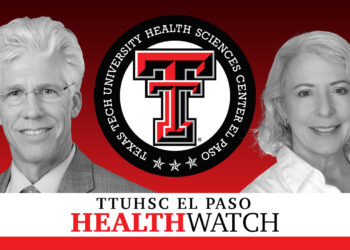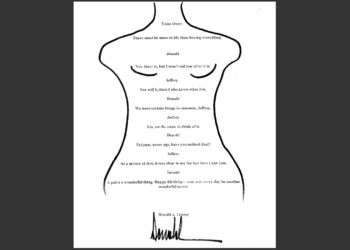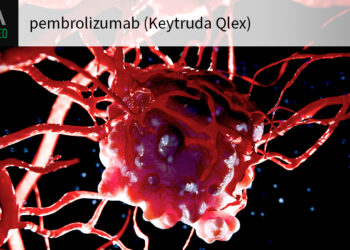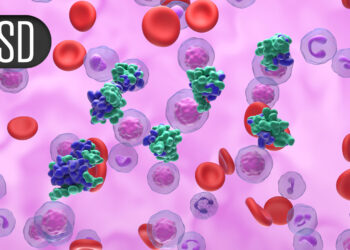
Coral bleaching in the Great Barrier Reef off Queensland, Australia
Nature Picture Library/Alamy
Strategies to artificially shade Australia’s Great Barrier Reef from rising temperatures are urgently needed, scientists have warned, in light of new research that suggests changes to shipping fuels have increased the bleaching risk to the coral.
The Great Barrier Reef has suffered extensive bleaching damage in recent years caused by rising sea temperatures driven by climate change.
Changes to rules governing shipping fuel composition in 2020 have caused additional damage, says Robert Ryan at the University of Melbourne. These changes have reduced emissions of sulphur dioxide, a health-harming pollutant, but also removed aerosols that can enhance the cooling effect of marine clouds over the reef.
Ryan and his colleagues used a computer model to simulate the impact of the changes to shipping fuels on cloud cover and solar radiation above the Great Barrier Reef over 10 days in February 2022. They used the results of previous studies to estimate the impact those changes would have on sea surface temperatures and bleaching risk at the reef.
They found that shipping emissions at pre-2020 levels boosted the cooling effect of clouds over the area, and the rules curtailing sulphate aerosol pollution have removed much of this cooling effect. As a result, the new shipping fuel regulations caused the equivalent of an additional 0.25°C of sea surface temperature heating, and made coral bleaching conditions between 21 and 40 per cent more likely during the 10-day period that was studied.
“There’s been an 80 per cent reduction in shipping sulphate aerosol, and that has likely, we find, contributed to conditions at the Great Barrier Reef which make coral-bleaching events a little bit more likely,” says Ryan.
Bjørn Samset at the Center for International Climate Research in Oslo, Norway, says the research helps to answer outstanding questions about the impact of aerosol pollution reduction on local environments. “Localised aerosol influences are likely quite a lot more prominent than we have been thinking, and their influence on marine heatwaves is still a big knowledge gap,” he says.
But he warned that although the results show “a clear influence from shipping on the air quality and clouds around the Great Barrier Reef”, they cover only a short period, making comparisons with other research in this field tricky.
Ryan is also part of a team working on a method to artificially cool the reef using marine cloud brightening (MCB), a climate-intervention technique that would involve spraying sea salt particles into the air to try to increase the cooling effect of marine clouds.
Such artificial cooling measures are arguably now “more urgent” for the Great Barrier Reef in light of the new findings, the researchers suggest in their paper. “If some part of the marine cloud brightening effect from ships has been removed due to changes in sulphate emissions, then I could see how that might make one wonder whether it should be re-implemented in a targeted programme,” says Ryan.
Daniel Harrison at Southern Cross University in Australia, who also worked on the study, says the findings demonstrate that MCB could work to cool the reef, given that shipping emissions had a similar cooling effect. “What we have here is a real-world study of what was already happening,” he says. “We can see that it was working.”
Harrison has been awarded funding by the UK’s Advanced Research and Invention Agency for a five-year project to trial MCB at the Great Barrier Reef. MCB could help to “take the edge off the bleaching while we hopefully get our act together with reducing emissions,” he argues.
Other experts are much more sceptical, suggesting there is not enough evidence to demonstrate that deliberate MCB could be both safe and effective. Terry Hughes at James Cook University in Queensland, Australia, says trials of MCB to date have been a “complete flop”, failing to produce convincing evidence that it can reduce local sea temperatures at the reef.
Topics:
Source link : https://www.newscientist.com/article/2487784-artificial-cooling-urgent-for-great-barrier-reef-after-warming-spike/?utm_campaign=RSS%7CNSNS&utm_source=NSNS&utm_medium=RSS&utm_content=home
Author :
Publish date : 2025-07-11 13:00:00
Copyright for syndicated content belongs to the linked Source.













